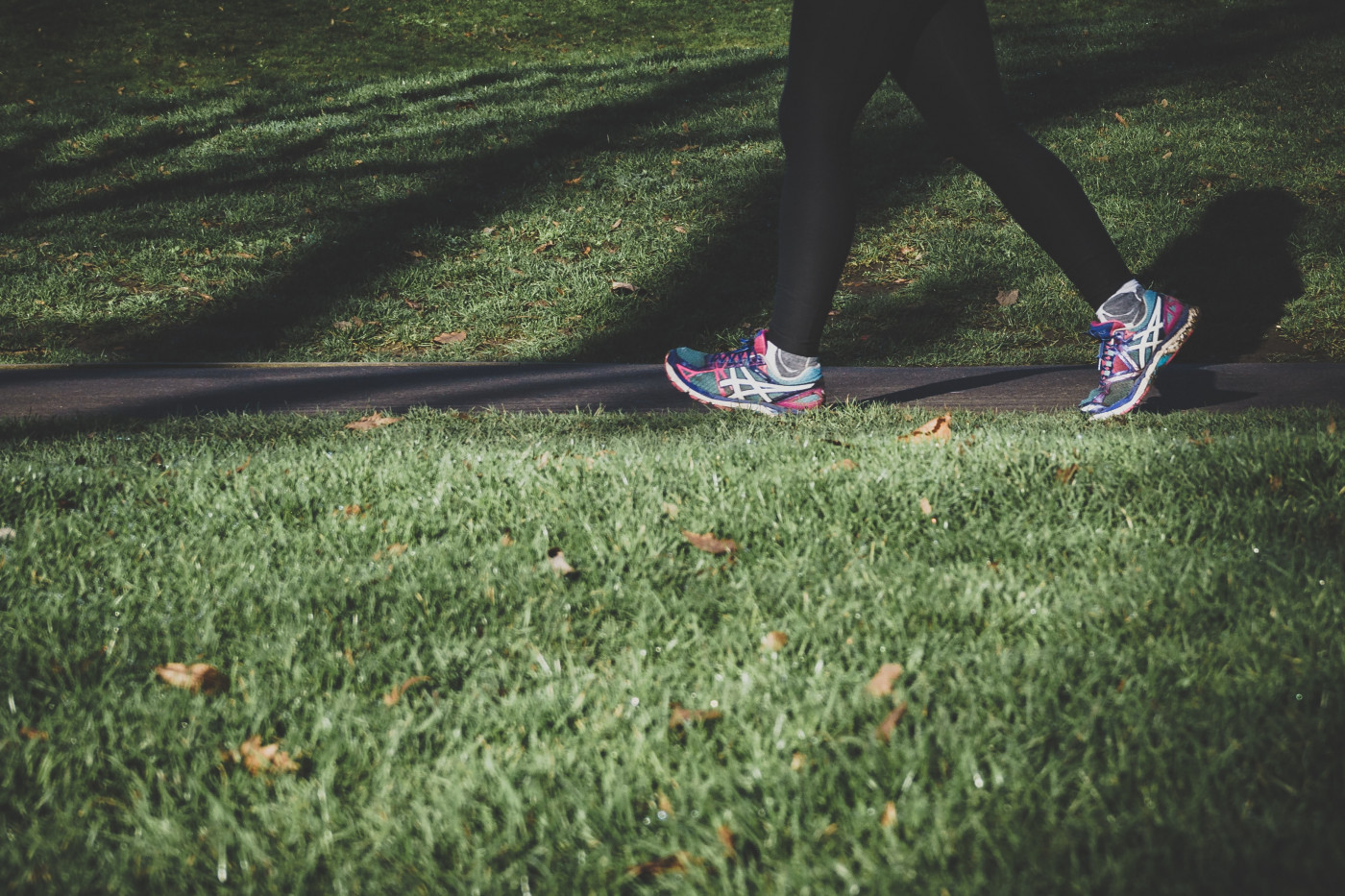Survey: Restricted Physical Activity Affected CMT Patients During COVID-19 Lockdowns
Written by |

As a result of significant reductions in walking and physical therapy, people with Charcot-Marie-Tooth (CMT) disease reported worsening physical skills and pain scores after the COVID-19 lockdowns, a recent survey found.
Their responses highlight the need to encourage CMT patients to resume their previous exercise routines, perhaps with a tele-rehabilitation system initially, and help them recover physical skills lost during the lockdown.
Results from the survey were discussed in a letter to the editor, “People with Charcot-Marie-Tooth Disease and COVID-19: Impaired Physical Conditions Due to the Lockdown. An International Cross-Sectional Survey,” published in the Annals of Physical and Rehabilitation Medicine.
Patients with CMT, one of the most common genetic neuromuscular disorders, are particularly vulnerable to the effects of confinement due to the need for continual physical therapy.
To date, there are no therapies for the disease, and rehabilitation is the only effective intervention to maintain nerve and muscle function and slow the progression of symptoms.
Knowing that therapeutic routine was interrupted during the lockdowns, a team led by researchers at the University of Genova, in Italy, set out to assess how life habits of these patients were affected by the pandemic, and what the consequences were of such changes on motor skills, balance, and pain.
The survey was administered to participants in European countries, Canada, and the United States from April 6 to May 11. In total, 279 patient survey responses were included in the study. A majority (29%) were in the age range of 46–55, and nearly half (49%) had CMT type 1A, the most common CMT subtype.
Other disease subtypes included CMT type 2 (16%), CMT1X (10%), CMT1B (5.4%), and CMT4C (2%). Overall, 5% of the respondents reported rare forms, and 11% did not specify their particular disease type.
The survey revealed these patients reported a significant reduction in the number of walks during their lockdown — from an average of 3.6 walks per week before the restrictions to two weekly walks.
Based on a rating system of 0-10, participants also reported a significant increase in their perception of arm pain (3.3 vs. 3.8) and leg pain (4.7 vs. 5.2) and their fear of falling also worsened after the confinement (5.3 vs. 5.4).
Overall, the findings emphasize that health professionals should increase efforts to rehabilitate CMT patients after lockdowns to avoid further impairment and to recover all lost function. A potential way to promote initial motor activity and help patients lose the fear of going outside is to establish a tele-rehabilitation system that provides assistance and information, the team suggests.
“Communication services should be increased and people with CMT helped to resume motor activities and recover the physical skills they lost during the COVID-19 lockdown,” the scientists wrote.
The Italian CMT Association ACMT-Rete, the European CMT Federation, and other patient advocacy groups helped distribute the survey to patients.





